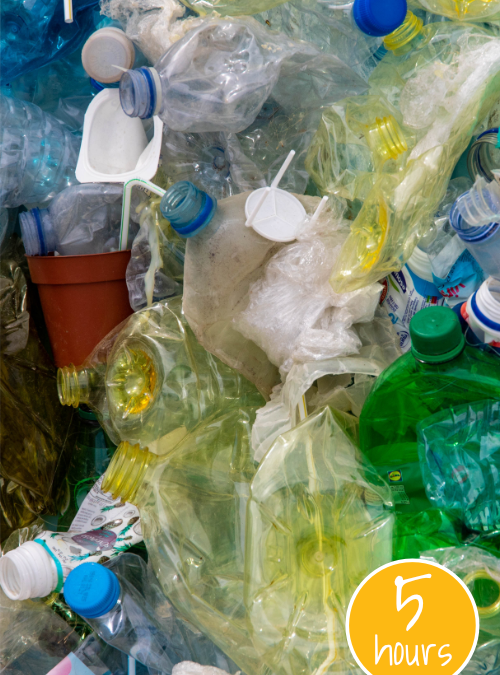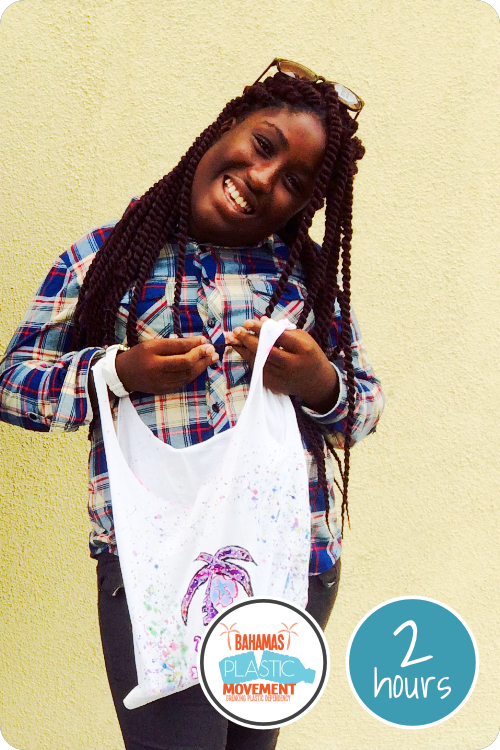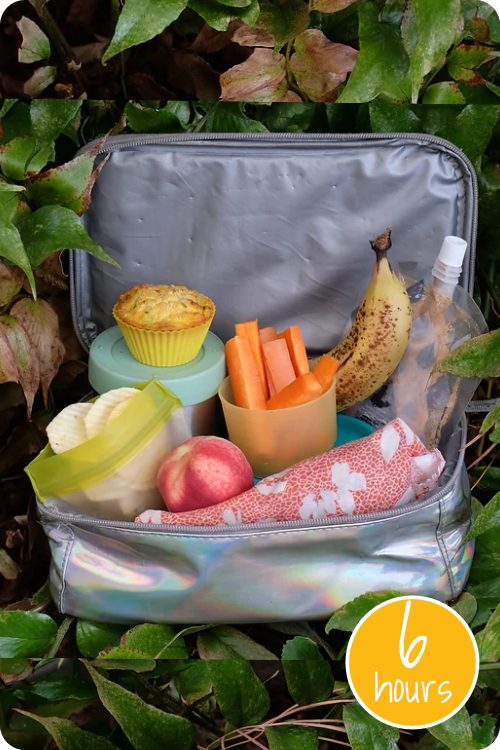
Photo credit: Magda Ehlers on Pexels
Your mission
Be a household leader by helping your family adopt more sustainable habits.
Time Commitment: 5 Hours
Range of Impact: Home
Why this Action is impactful
Our homes are a great place to start confronting our throw-away culture. Whether it’s making a few tweaks, or a complete overhaul, there are opportunities to be less wasteful, make your home healthier and even save some money while you’re at it.
What to know before getting started
Back in the 1950’s, disposable single-use plastic items were first introduced into mainstream culture. They were marketed to people who were accustomed to using reusables, and who rarely threw anything away! Now, we’re so used to throwing stuff away, we don’t think twice about it. But we’ve gotten to the point where the planet and people’s health is being compromised because of how much plastic is produced and used for the sake of “convenience”. It is time to question this behavior.
What to do
To find out which single-use plastics your family uses most, collect all the single-use plastics that your family uses each day for 5 days. Print this datasheet to see what kinds of single-use plastics to collect.
- Before the first day of the audit, dedicate a spot in the house, maybe next to the trash can, where everyone should put the single use plastics when they are done using them. Instruct everyone in your household how they can help you by showing them what single-use plastics are and telling them that they need to save those plastics instead of throwing them away.
- At the end of each of day, lay out all the items and take a picture. Next, sort everything into the categories on the datasheet. Count how many items are in each category and write the totals on the datasheet.
- At the end of the week, sum the totals of each category to find which 3 items you use most as a family. Hold a family discussion to brainstorm how your household could build new habits around reusable alternatives for your top 2 single use plastic items.
Tips and suggestions
How to do an audit:
- Set a bin, cardboard box in a common area of your home or next to the trashcan where everyone can place their single use items.
- Rinse off or clean any food-soiled or dirty items before putting them in the collection spot.
- After you tally your items at the end of each day, dispose of them properly in the recycling or trash (or prepare them for reuse).
During your family discussion, at the end of your home waste audit, consider these common assumptions. They might be limiting your acceptance of reusables:
- Single use is cheaper: Yes, single use items are cheaper than reusables in the short term, but they can end up being more costly in the long-run because you have to keep buying more!
- Single use is cleaner: They could be, but not for sure. You don’t know how that product has been produced, or handled on its way to you. Don’t you want to know your stuff is clean by washing it at home yourself?
Also, think outside the box about what reusables you could replace your single-use stuff with. Here are some ideas to get you started:
- To replace single use water-bottles: perhaps install a water filter or use a water-filter pitcher, if you don’t like the flavor of your tap water. Make it fun by personalizing each person’s reusable bottle so you can tell them apart.
- To replace disposable cutlery, plates, cups etc: check out second hand stores like Goodwill to find affordable high quality reusable kitchen and food ware.
- To replace single use plastic bags: reusable cloth bags last a long time. Just stick them in the laundry if they get dirty. Use empty bread and chip bags for your trash bags and doggie poop bags instead of plastic grocery bags.
Track your contribution
To submit your work and get recognized for your contribution to your community, complete the form below. If we approve your submission, you’ll be awarded 5 Hours.
Make sure all photos are taken in good light and in focus.
Do another Action
Check out our other Actions that build off of this one!
Support the Break Free From Plastic Pollution Act
Sign your support for this incredible nation-wide bill on plastics.
Create a Better Bag
Check out this simple and cheap way to make a reusable bag.
Pack a Litterless Lunch
Keep building your plastic-less habits.
Earth Protect Pathway Badge
This Action is part of the Earth Protector Pathway. Check out the rest of this Pathway to earn the badge!





